Best Pitch Deck Software Tools for Startups
In today’s fast-paced startup world, crafting a powerful and persuasive pitch deck is essential. Whether you're aiming for seed funding or gearing up for a Series A round, your pitch deck can be the deciding factor in winning over investors. The good news? You don’t have to design it from scratch. With the rise of dedicated pitch deck software tools, founders now have access to platforms that streamline the entire process, from structure and storytelling to design and delivery.
What Is Pitch Deck Software?
Pitch deck software is a digital tool that helps startup founders create professional, investor-ready presentations. These tools often come with pre-designed templates, AI-powered suggestions, and data visualization features that reduce the manual work involved in building a compelling deck. There are two primary types:
- Traditional slide-based tools - Allow manual design and full customization.
- AI pitch deck generators - Automate the deck creation process based on user input.
Whether you're launching your first startup or you're a seasoned entrepreneur, pitch deck software can streamline your workflow, maintain brand consistency, and help you deliver a clear, investor-ready presentation with confidence.
Key Features to Look for in the Best Pitch Deck Software
Not all pitch deck tools are created equal. The top tools come packed with features that improve both your productivity and the overall quality of your presentation. Here’s what to look for:
- Pre-Built Templates - Jumpstart your deck with proven frameworks that follow best practices.
- AI-Powered Content Generation - Get intelligent suggestions for copy, layout, and data based on your inputs.
- Design and Branding Tools - Customize colors, fonts, and themes to match your brand.
- Collaboration Options - Invite team members or mentors to review and refine your slides in real time.
- Data Visualization - Present complex financials and KPIs using charts, graphs, and infographics.
- Export & Sharing Flexibility - Download your deck as a PDF or share it via private links.
These tools not only boost efficiency but also elevate the quality of your pitch, ensuring your ideas are presented clearly and effectively to investors.
Tips for Creating a Winning Pitch Deck
- Keep It Simple - Use short sentences, clear visuals, and a clean layout.
- Back Claims with Data - Investors want to see evidence, not just ideas.
- Tell a Story - Walk them through your journey, mission, and future plans.
- Use the Right Tool - Choose pitch deck software that supports your vision and workflow.
- Test and Iterate - Share drafts with mentors and advisors for feedback before going live.
Most importantly, tailor your pitch to your audience. VCs and angel investors may focus on different elements, so adapt your slides accordingly.
Looking to create a pitch deck that captures investor attention and tells your business story with impact? Contact Us for expert, creative pitch deck services.
Best Pitch Deck Software Tools for Startups
Here are some of the top-rated pitch deck software tools that entrepreneurs and startups use to craft stunning, investor-ready presentations:
1. Visme

Best for: Interactive and data-rich presentations
Pricing: Free plan available; paid plans start at $15/month
Visme is a powerful all-in-one tool that combines ease of use with robust design and collaboration features. Startups with no design background can easily create professional-looking decks thanks to drag-and-drop functionality and hundreds of templates. For more advanced users, Visme offers interactive elements like clickable prototypes, data widgets, and real-time Google Sheets integration. The platform also includes collaboration tools with version history, making it ideal for remote teams.
Pros:
- Extremely user-friendly for beginners
- Offers interactive charts and infographics
- Supports live data and real-time editing
Cons:
- Advanced features locked behind a paywall
- Steep learning curve for some interactive tools
2. Prezent.ai
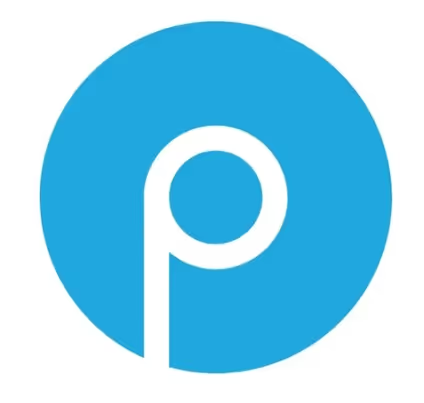
Best for: AI-powered, enterprise-grade decks
Pricing: Custom pricing available upon request
Prezent.ai uses artificial intelligence to automate pitch deck creation, offering intelligent content suggestions and professional formatting. With a built-in questionnaire, it tailors each presentation to the target audience and topic. It also provides collaboration tools, analytics, and brand enforcement, making it an excellent choice for larger or scaling teams.
Pros:
- Saves time with AI-generated content
- Ensures brand consistency
- Offers audience engagement tracking
Cons:
- Limited creative freedom
- Custom pricing can be costly for small startups
3. Shorthand

Best for: Scroll-based, immersive storytelling
Pricing: Starts at $99/month
Shorthand transforms static decks into visually compelling narratives using scrollytelling technology. The platform is perfect for creative industries, letting users embed multimedia, animations, and customer case studies without any coding. Its intuitive interface and responsive design make it ideal for product showcases and brand storytelling.
Pros:
- Exceptional for visual storytelling
- Mobile-friendly and interactive
- No-code customization
Cons:
- High monthly cost
- Not ideal for slide-by-slide formats
4. Canva
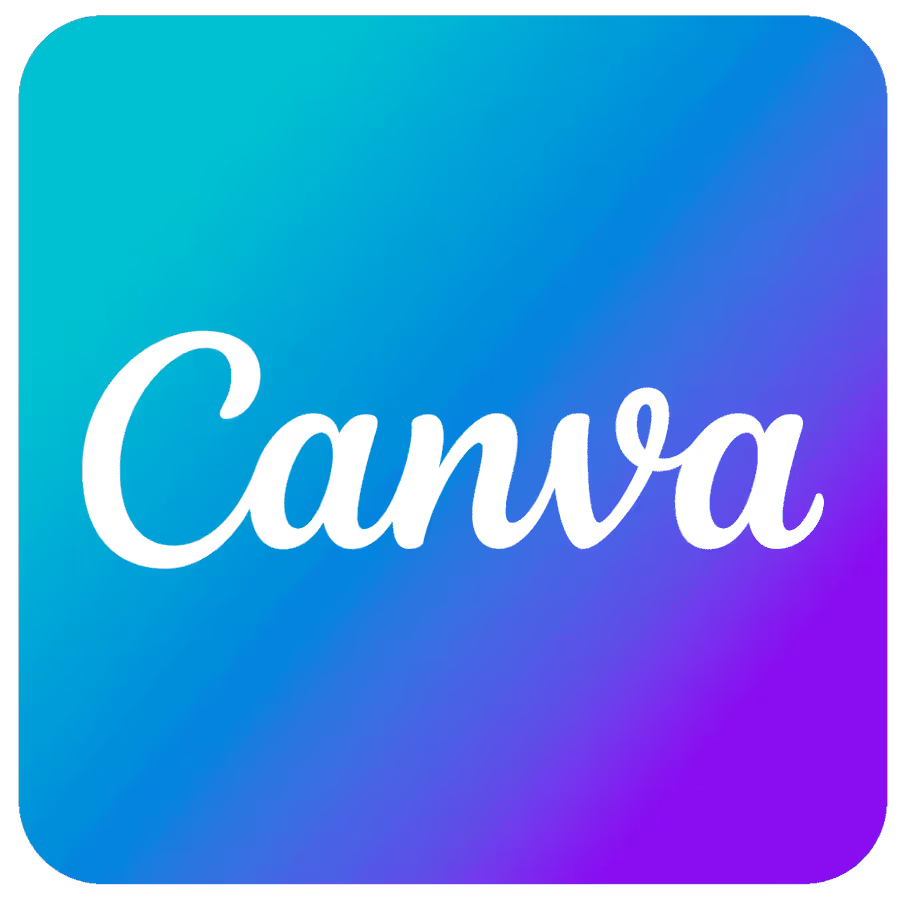
Best for: Quick, professional visuals for beginners
Pricing: Free plan; Pro starts at $12.95/month
Canva remains a top choice for startups that need polished presentations without professional designers. With its intuitive interface, thousands of templates, and drag-and-drop capabilities, teams can create pitch decks in minutes. The platform also includes real-time collaboration and a brand kit for visual consistency.
Pros:
- Highly accessible and beginner-friendly
- Wide range of templates and stock assets
- Works on mobile and desktop
Cons:
- Advanced features are limited to the Pro plan
- Some users find downloaded decks compressed into ZIP files
5. Pitch
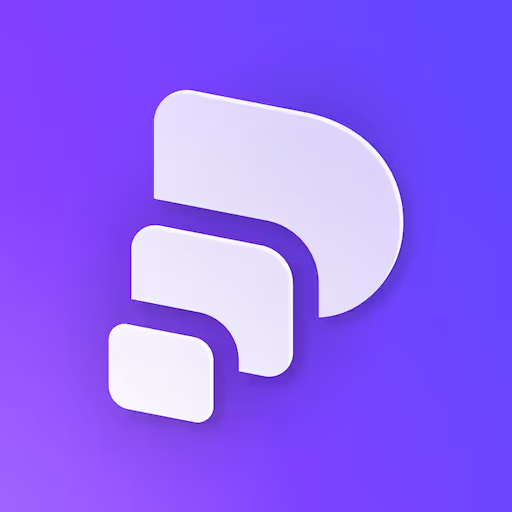
Best for: Real-time collaboration and team-based deck creation
Pricing: Free plan available; Pro starts at $10/user/month
Pitch is a modern presentation tool designed for teams. It combines sleek, modern templates with powerful collaboration features, including real-time commenting, version control, and analytics. Integrations with Slack and Google Drive streamline the workflow, making it perfect for distributed teams.
Pros:
- Great for collaborative workflows
- Sleek and modern template designs
- Real-time analytics to track viewer engagement
Cons:
- Smaller template library
- The Internet is required for most features
6. Microsoft PowerPoint
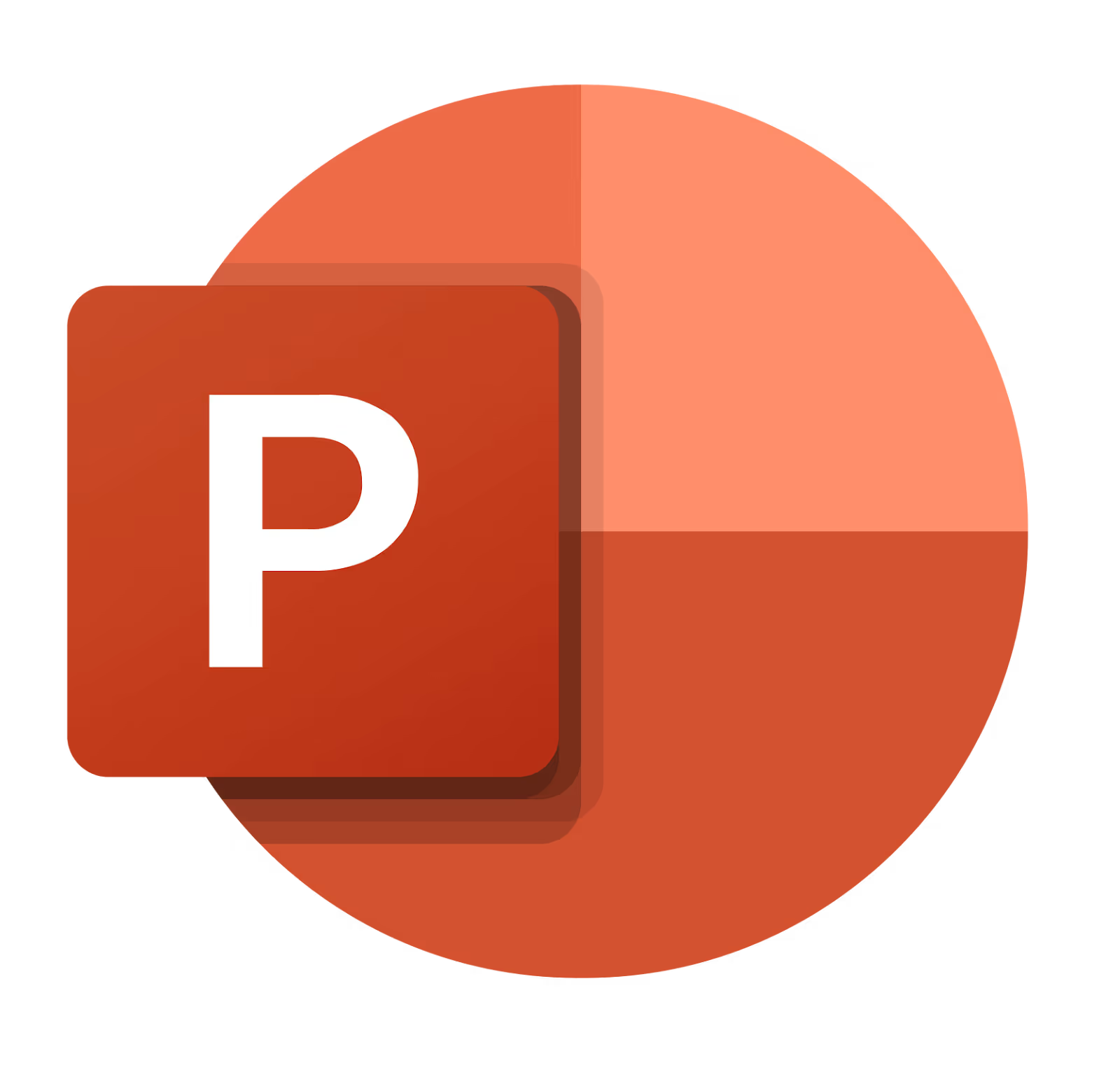
Best for: Traditional, detailed presentations
Pricing: Part of Microsoft 365 starting at $6.99/month
PowerPoint continues to be a favorite due to its flexibility and robust feature set. It offers extensive customization, multimedia support, and seamless integration with Excel and Word. It’s especially suitable for complex, data-heavy presentations and works well offline.
Pros:
- Universally accepted and widely used
- Strong design and animation capabilities
- Works offline and integrates with the Microsoft suite
Cons:
- Less collaboration-friendly than cloud tools
- Can look dated without design effort
7. Keynote
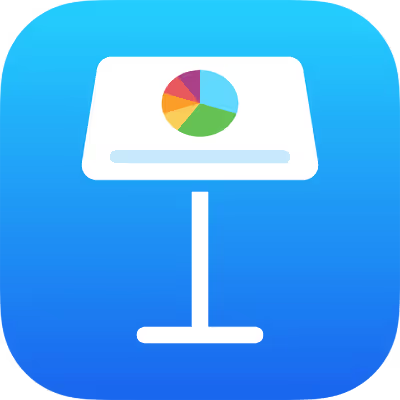
Best for: Apple users needing polished visuals
Pricing: Free on macOS/iOS
Apple’s Keynote delivers elegant designs, seamless animations, and smooth performance across Apple devices. With iCloud collaboration and integration with other Apple tools, it’s perfect for Apple-centric teams who prioritize aesthetic quality.
Pros:
- Visually stunning presentations
- Free and optimized for Apple hardware
- Supports multimedia and live video embeds
Cons:
- Mac-only, limited compatibility with Windows users
- Smaller template library
8. Storydoc
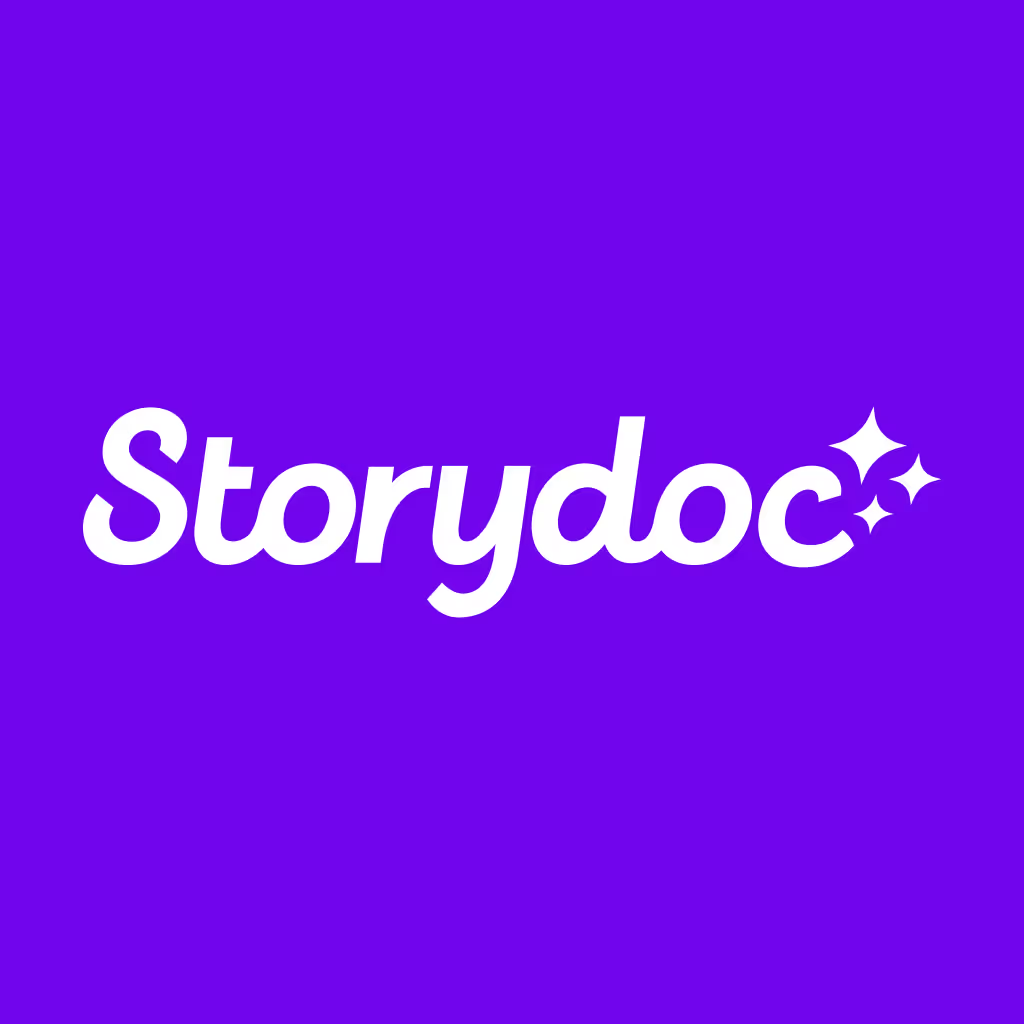
Best for: Personalized and interactive investor experiences
Pricing: From $400/month
Storydoc allows startups to create highly personalized, interactive decks with quizzes, embedded videos, and data analytics. With CRM integration and personalization tokens, each viewer can receive a tailored experience.
Pros:
- High engagement through interactivity
- Personalized content for each investor
- Advanced analytics and viewer tracking
Cons:
- Expensive
- Requires onboarding to master fully
9. Decktopus

Best for: Fast, AI-assisted deck creation
Pricing: Free plan; Pro starts at $4.99/month
Decktopus helps users build presentations quickly using AI-generated content suggestions and interactive features like forms and quizzes. It’s cloud-based, easy to use, and perfect for quick turnarounds.
Pros:
- Create decks in under 30 minutes
- Very beginner-friendly
- Interactive and mobile-ready
Cons:
- Limited customization
- Branding is present on the free plan
10. BaseTemplates Pro

Best for: Ready-to-use, industry-standard pitch templates
Pricing: One-time fee of $99
BaseTemplates Pro offers proven templates modeled after successful decks from Airbnb, Stripe, and more. It includes content prompts and is compatible with PowerPoint, Keynote, and Google Slides.
Pros:
- Fast, affordable, no subscription required
- Easy to adapt for different startups
- One-time payment with lifetime access
Cons:
- Requires external software to edit
- Limited creative flexibility
Turn Your Vision into a Winning Pitch
The right pitch deck software can transform your startup vision into a powerful story that captures investors' attention. Whether you’re bootstrapping or preparing for a big funding round, using tools that combine AI, design, and structure can dramatically improve the quality of your pitch.
By leveraging the best pitch deck tools and following proven slide formats, you increase your chances of funding success. Start with a template, customize with your story, and pitch with confidence.



